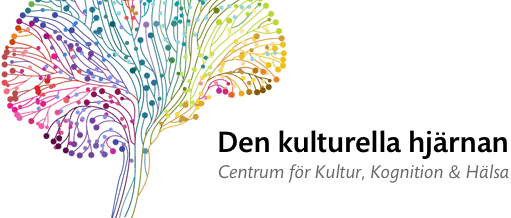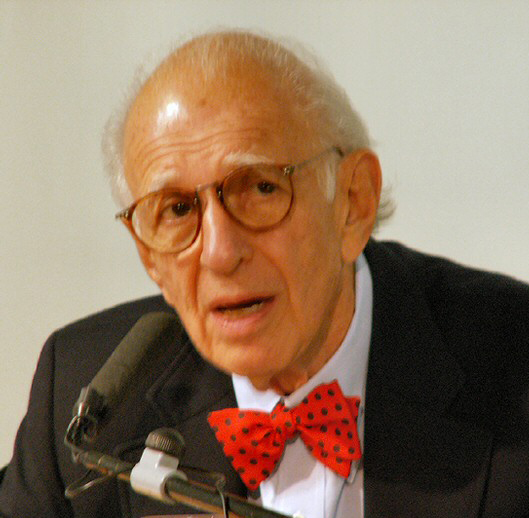On December 8th, the Nobel lauerate Eric Kandel gave a lecture in the ”Culture and Health”-series on the theme of his award-winning book ”The Age of Insight: The Quest to Understand the Unconscious in Art, Mind, and Brain From Vienna 1900 to the Present"
Professor Kandel pointed out a connection between Darwin and Freud: With natural selection and sexual selection, attractions, feelings, emotions and sexual desires become as important as logical reasoning to the understanding of humans. Kandell gave numerous examples (from among others Klimt, Kokoschka and Schiele) of how this awareness influences arts in Wienna from 1900 and on.
Nobel laurate Eric Kandel is professor at the Department of Neuroscience at Columbia University, New York and Director of The Kavli Institute for Brain Science. He has pioneered the research on cellular and molecular mechanisms for memory, and he is author of one of the main textbooks in Neurobiology.
The lecture:
http://youtu.be/k22fCHDTOkg


